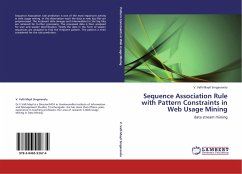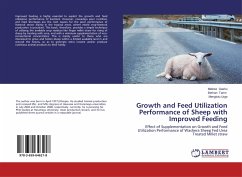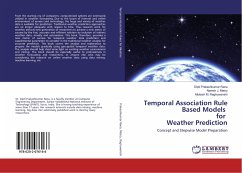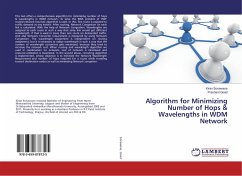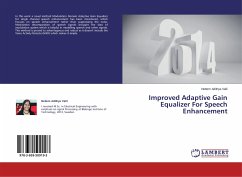Mining frequent patterns (itemsets) plays an important role of in discovering association rules. However, finding frequent itemsets is most expensive step in the process of association rule mining. Very often algorithms to find frequent itemsets need multiple database scans creating a bottle-neck to achieve efficiency. To avoid this bottle-neck the objective has been to reduce database scans. In the past, Apriori-like methods were adopted to mine frequent itemsets. But these approaches are inefficient as they require multiple database scans and iteratively check a large set of candidates by pattern matching. A compact structure, called FP-Tree, was developed to improve the disadvantages of Apriori-like algorithms. By FP-Growth approach, we can facilitate mining frequent itemsets. This book proposes an Improved FP-Growth algorithm that scans database only once for association rule mining. The original FP-Growth algorithm scans datasets twice. First time, scanning database to find the frequent 1-itemsets, and sorting the 1-itemsets in the descending order of support and second time it scans the database again to construct FP-tree.


